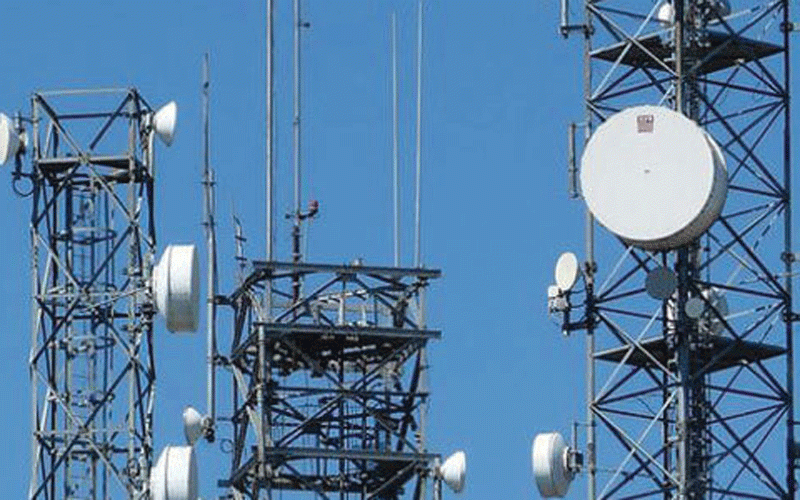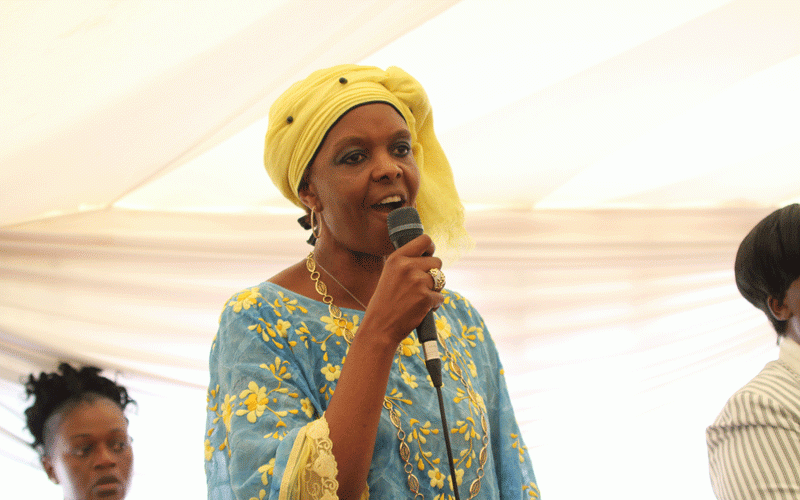
Zimbabwe’s telecoms sector lost a combined 250 000 active subscribers during a 2024 first quarter marked by currency-induced market turmoil, which knocked disposable incomes and forced consumers to ditch their lines, official data showed this week.
Postal and Telecommunications Regulatory Authority (Potraz) data showed active subscribers in the country’s three mobile telecoms firms coming off 1,56% during the period to 14 739 613 at the end of the quarter under review, from 14,973,816 during the 2023 fourth quarter.
This translates into a 234,203 drop in active subscribers in just three months.
Analysts said the biggest drawback to the sector, one of the few to record continued growth in the past decade, was falling disposable incomes in Zimbabwe.
Markdowns were also reported at the State-run fixed line operator TelOne, which saw active subscriptions contracting by 5,97% to 291 160 from 309 645, according to Potraz, losing 18 485 active subscribers.
Jacob Mutisi, chairperson at the Zimbabwe Information and Communication Technology, said indications of market saturation were also emerging in the mobile telecoms sector.
“This decline in mobile subscriptions and penetration rate are attributed to saturation of the mobile market,” said Mutisi.
“The population has reached a point where most individuals who can access mobile services already have a subscription. Economic factors, such as increased cost of living or reduced disposable income, led some consumers to cancel or not renew their mobile subscriptions, potential churn or switching between mobile network operators as consumers seek better deals or service quality (are some of the factors),” Mutisi said.
- India to press Apple, Samsung for faster 5G software upgrades in phones
- Potraz licences new mobile operator
- High taxes weigh down telecoms sector
- Econet, EcoCash announce rights offer
Keep Reading
“The decline in mobile voice traffic suggests a reduction in overall mobile usage or a shift in communication patterns. This is due to the increasing popularity and adoption of Over-The-Top (OTT) communication services, such as VoIP apps and instant messaging platforms, which provide alternative means of communication and potentially substitute traditional mobile voice calls. Decline in fixed telephone subscriptions and teledensity is attributed to the growing preference for mobile communication and increasing availability and accessibility of mobile services, which may have reduced the demand for fixed telephone services. Additionally, the availability and adoption of internet-based communication solutions, such as VoIP and video conferencing and WhatsApp calls have further contributed to the decline in fixed telephone subscriptions,” Mutisi told the Zimbabwe Independent.
The mobile telecoms sector comprises NetOne, the Zimbabwe Stock Exchange listed Econet Wireless, and Telecel — the only firm to gain subscribers during the period.
Potraz said Econet saw its active subscribers decline by -0,04% to 10 436 233, from 10 440 693 during the quarter ended December 31, 2023.
NetOne subscribers fell to 4 017 167 during the review period, from 4 251 791 during the quarter to December 31, 2023, but Telecel recovered from a slowdown the previous quarter to add 1,73% new active subscribers.
However, combined sector revenues maintained a growth trajectory in domestic currency terms, according to the report.
“During the period under review, nominal total revenue for mobile network operators grew by 98,11% to reach ZW$ 2,7 trillion (approximately ZiG 910.46 million) from ZW$1,15 trillion recorded in the previous quarter. However, given the fact that the local currency depreciated by 72,32% in the quarter under review from the previous quarter coupled with rising trend for the average annual inflation in the first quarter of 2024 of around 45,90%, real growth in revenue was approximately 65,60%,” the report said, noting that operating costs also increased.
But growth remained robust on all networks’ data.
Prosper Chatambara, chief economist at the Labour and Economic Research Institute of Zimbabwe, noted an emerging trend where a shift in consumer preference was affecting traditional ways of telecommunication.
“We are seeing that a lot of people are moving away or migrating from the traditional ways of communication using voice calls in preference to internet-based broadband services voice over internet services so it makes it cheaper to communicate, faster and ultimately it enhances the overall economic competitiveness. I think it's a good development which would enhance our economic competitiveness,” Chitambara noted.
Potraz said operating costs for mobile telecoms rocketed by 188,28% in nominal terms or 140,97% in real terms from ZW$ 699,8 billion to ZW$ 2,02 trillion (approx. ZiG807,6 million).
The report said in mobile telecoms, voice traffic slowed by 1,32% from 3,11 billion minutes to 3,07 billion minutes.






